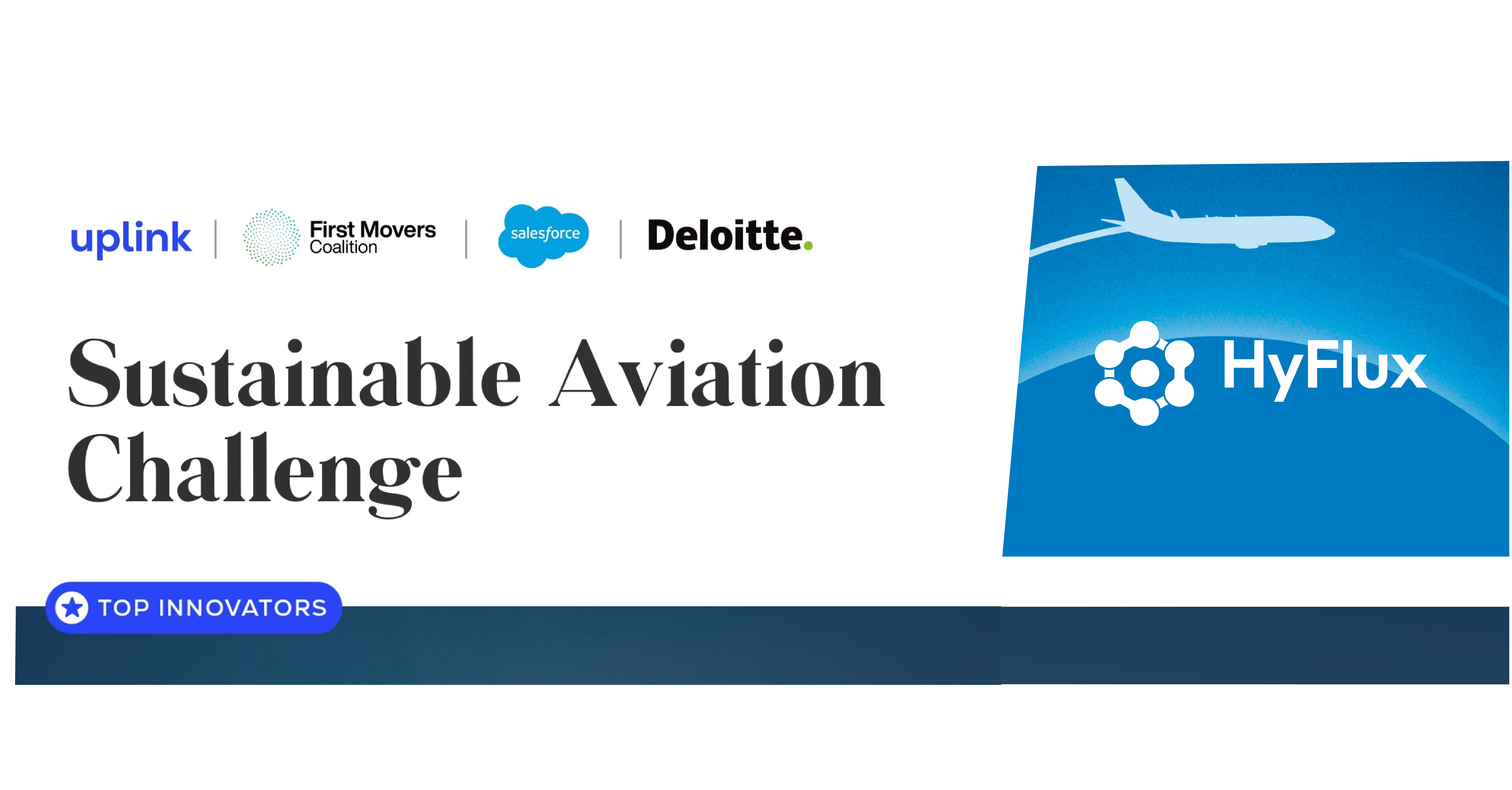Exploring the Future of Aviation: HyFlux's Take on Airbus' ZEROe and NGSA Programs
As a pioneering startup in hydrogen electric propulsion, HyFlux is closely follow industry developments, especially those related to sustainable aviation. Airbus' recent announcements about the ZEROe aircraft program and the Next Generation Single Aisle (NGSA) successor to the A320neo are particularly exciting and relevant to our work.
At February 2024’s Annual Results, CEO Guillaume Fraury, answered a question about the decision point for the propuxlsion solution and offered that by 2025-26 the choice of either a Fuel Cell, or Gas Turbine hydrogen system will be taken to meet 2035.

Hydrogen Technologies at the Forefront
Airbus' ZEROe program, introduced in September 2020, explores two innovative hydrogen technologies. The first is using liquid hydrogen similarly to traditional jet fuel propulsion systems. The second, more revolutionary approach, involves hydrogen fuel cells to generate electricity for propulsion. These developments align with our startup's vision of a sustainable aviation future, where hydrogen plays a crucial role.
Challenges Beyond Technology
Airbus CEO Guillaume Faury emphasised that, while technological advancements are vital, they are part of a broader ecosystem that includes regulatory frameworks and logistics. The certification standards for production, distribution, and use of hydrogen at airports are equally critical. This holistic view resonates with our startup's approach, as we recognize the importance of integrating technology with the broader aviation infrastructure.
ZEROe's Timeline and Ecosystem
Faury indicated a target launch date for ZEROe around 2027 or 2028, with entry-into-service (EIS) by 2035. This timeline gives stakeholders in the aviation industry, including us, a clear framework for aligning our innovations and strategies. The maturity of the hydrogen ecosystem at airports will be crucial for the successful adoption of hydrogen-powered aircraft, a challenge we are enthusiastic to address.
NGSA: A New Era for Single Aisle Aircraft
Regarding the NGSA, Airbus' development of an entirely new platform to replace the A320neo in the next 10-15 years marks a significant shift in aircraft design and technology. This move towards innovative platforms is a positive sign for startups like ours, as it opens opportunities for collaboration and integration of new propulsion technologies.
Conclusion
Airbus' latest updates on the ZEROe and NGSA programs represent significant steps towards a more sustainable aviation industry. For our startup, these developments are not just news; they are catalysts for innovation and collaboration. As we continue to develop hydrogen electric propulsion technologies, we are excited to contribute to and be part of this transformative journey in aviation.




